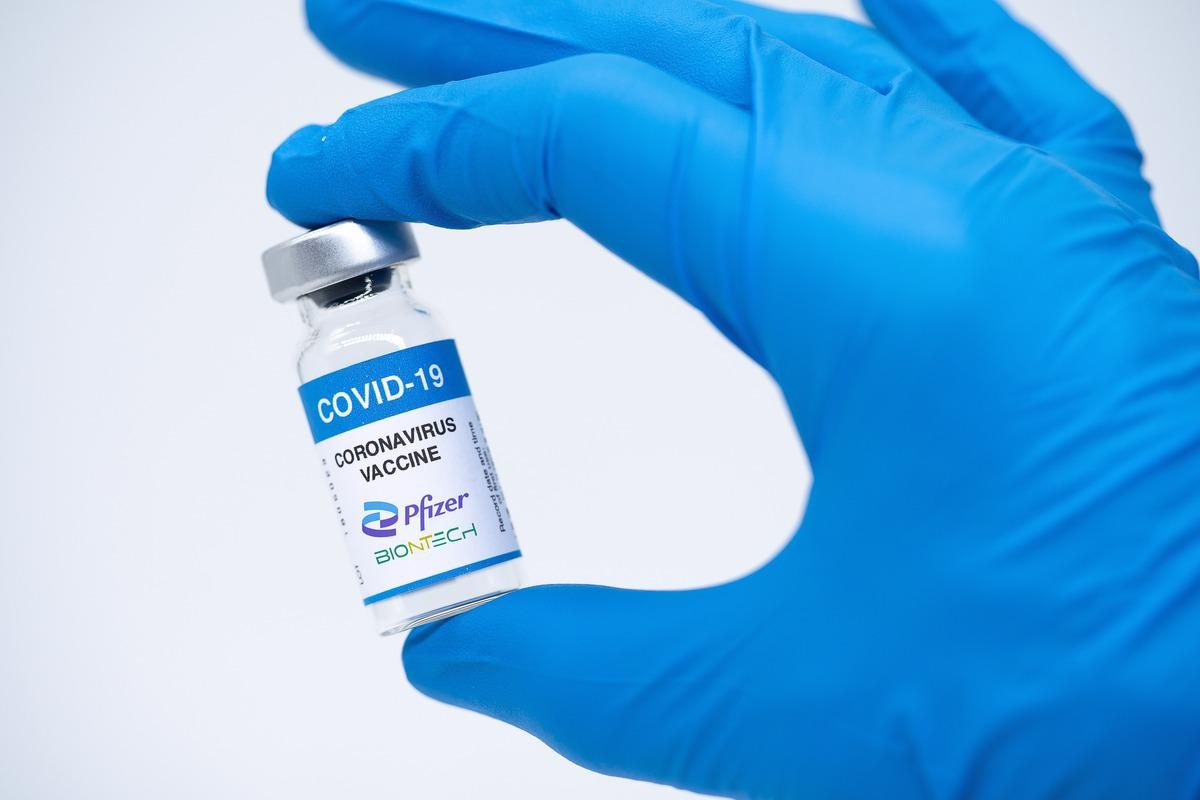As of April 7, 2022, coronavirus disease 2019 (COVID-19) has caused over 6.16 million deaths worldwide. Soon after the emergence of the causative agent of COVID-19, the severe acute respiratory syndrome coronavirus 2 (SARS-CoV-2), emerged, many countries were forced into costly and restrictive lockdowns.
Despite the development of several different vaccines to prevent the transmission and severe effects of COVID-19, several new variants of SARS-CoV-2 continue to emerge. In fact, recent studies have provided evidence of waning vaccine-induced immunity, thus supporting the use of a third ‘booster’ dose.

Study: Effectiveness of BNT162b2 vaccine booster against SARS-CoV-2 infection and breakthrough complications, Israel. Image Credit: Marco Lazzarini / Shutterstock.com
In a recent CDC Emerging Infectious Diseases study, researchers explore the use of a third dose of the Pfizer-BioNTech BNT162b2 COVID-19 vaccine.
About the study
The current retrospective longitudinal cohort study was performed using two Israeli Ministry of Health (MOH) national repositories, with one including data for vaccinations and one for test results. The national COVID-19 vaccine repository contains data for every vaccinated individual in the country, including vaccine type and date of administration, while the national SARS-CoV-2 database includes the results and date of every polymerase chain reaction (PCR) test, as well as dates of hospitalization and death, and the severity of the illness.
Vaccine effectivity (VE) was determined for booster dose recipients using unvaccinated controls, as well as the rate reduction for hospitalizations, severe or critical disease, and death among breakthrough cases. Index dates were taken as the date of the booster dose.
Booster dose recipients and controls in each index date comprised a single cohort. A total of 14 cohorts were analyzed in total, including individuals between 16 and 59, between August and September 2021.
Residents who tested positive by polymerase chain reaction (PCR) test before the evaluation periods were excluded from analysis before VE was estimated for each age group. The total VE for each cohort was estimated on week two after the index dose, with the VE for all cohorts combined also estimated.
Rates of hospitalizations, as well as severe and critical disease, were calculated based on the incidence of these occurrences within the first two weeks after a positive test. Death rates were calculated after any positive test with no time limit.
The number of booster-vaccinated and unvaccinated positive cases was summed for each evaluation period. The days at risk for each age-group cohort were calculated on the basis of the number of person-days for each individual from the start of the study until the end of the individual tested positive. The days at risk for each age group during the evaluation were then added together to provide the total number of person-days at risk.
Finally, the incidence rate ratio (IRR) was calculated. For the second stage of the investigation, the reduction in related hospitalizations, deaths, and severe illnesses was compared between controls and boosted individuals, with adjustment of IRR for each age group by Poisson regression.
Study findings
VE estimates reached 92.8% in week two of the evaluation and 96.8% in week three. VE remained high until week 10, during which it slowly declined until reaching 77.6% at week 16.
Individual age groups followed similar patterns, with those over the age of 60 averaging 76.4% on week two, 93.1% on week three, and then declining to 61.3% by week 20. The booster vaccine dose was also clearly effective in preventing hospitalizations amongst those who did become SARS-CoV-2 positive across all weeks, with the hospitalization rate reduction in the first week between 62.8% and 100%, though this was dependent on age group, while the combined rate reduction for the next 15 weeks was 89.2%.
In individuals over the age of 60, the first-week reduction in hospitalizations was 54.9% and rose to 75.1% over the next 19 weeks. No deaths were recorded among any of the booster dose recipients between 16 and 59 years of age as compared with between 1 and 45 deaths per week in the unvaccinated group, thus leading to an astonishing rate reduction of 100%. In individuals over the age of 60, this effect was slightly reduced, with the death rate reduction wavering between 49.5% and 100%, depending on the week.
Conclusions
The study findings demonstrate that VE levels rise significantly in the first two weeks after receiving a booster dose before gradually dropping over time. This effect is milder in older patients, but still clearly present. Additionally, the rates of severe disease, hospitalization, and deaths were drastically reduced across all age groups.
While the researchers point to several limitations in their own study, such as the lack of estimation of VE against symptomatic disease and lack of distinction between individuals hospitalized due to COVID-19 or other reasons, the data presented here confirm high VE of the booster vaccine doses against COVID-19. Furthermore, these findings support previous evidence that the third dose of a COVID-19 vaccine can help boost waning immunity.
Journal reference:
- Glatman-Freedman, A., Bromberg, M., Hershkovitz, Y., et al. (2022). Effectiveness of BNT162b2 vaccine booster against SARS-CoV-2 infection and breakthrough complications, Israel. Emerging Infectious Diseases 28(5). doi:10.3201/eid2805.220141, https://wwwnc.cdc.gov/eid/article/28/5/22-0141_article